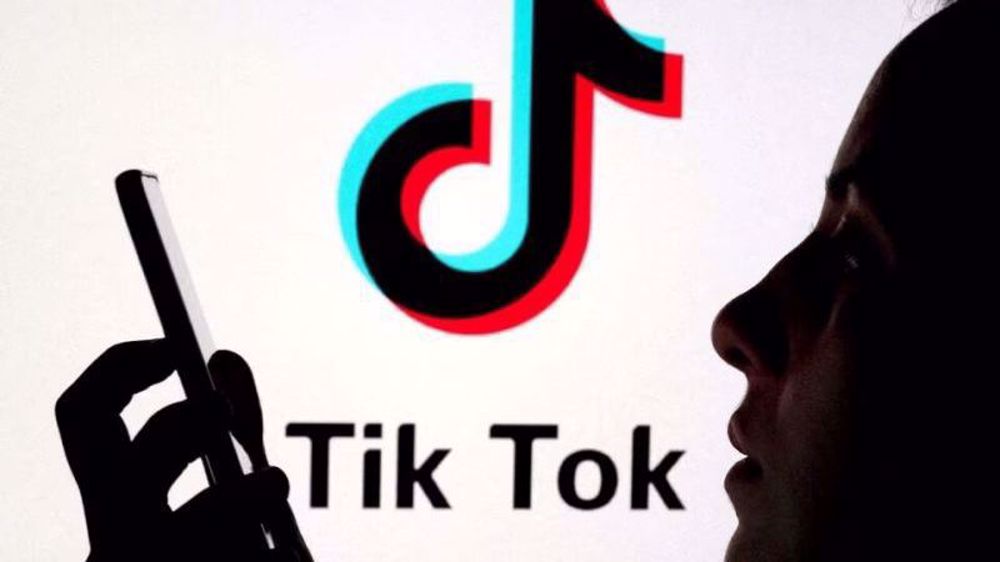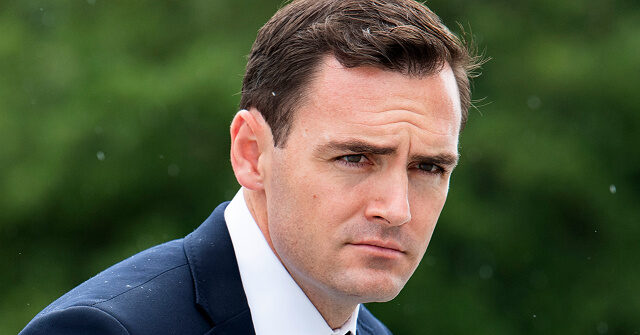

)


TikTok, the popular social media platform, has been under scrutiny for its influence on young Americans and its role in shaping their perspectives on various issues. Wisconsin Republican Rep. Mike Gallagher has expressed concern over the platform's influence, particularly regarding the recent surge in support from young Americans for the Hamas terrorist group [6276b68a]. Gallagher describes TikTok as a Chinese 'digital fentanyl' that is 'brainwashing our youth against the country and our allies.' He attributes the shift in perspective to the heavy influence of the Chinese Communist Party (CCP) on TikTok [6276b68a].
Gallagher highlights TikTok's ability to advance certain narratives while silencing others, specifically mentioning its manipulation of users' views on the conflict between Israel and Hamas. He warns about the potential risks of TikTok's presence in the United States, referring to it as a 'malign influence operation' conducted by the CCP. Gallagher emphasizes the platform's role in censoring information and influencing Americans of all ages on a variety of issues. He even cites Chinese President Xi Jinping's understanding of the importance of information warfare and the national security threats posed by TikTok [6276b68a].
In addition to the concerns raised by Gallagher, TikTok has recently faced another controversy. The platform removed the hashtag #lettertoamerica after videos discussing Osama bin Laden's 2002 letter went viral [0be97fae]. The letter, which criticizes America's support of Israel and the freedom of Palestinians in Gaza, has been seen by some TikTok users as valid commentary on American foreign policy. Some even expressed support for the 9/11 terror attacks mentioned in the letter. The letter also contains anti-Semitic language, blaming the Iraq war on the 'Jewish-controlled' US economy. The resurgence of the letter during a time of rising anti-Semitism is concerning [0be97fae].
Meanwhile, in Baghdad, Iraq, a TikTok star named Om Fahad, whose real name is Ghufran Sawadi, was shot dead outside her residence on Friday, April 26, 2024 [d41f7cdd] [aea06ac2]. Fahad gained fame through her videos on TikTok but was sentenced to six months in prison last year for her social media videos that were deemed to undermine modesty and public morality. The Iraqi government had launched a campaign to clean up social media content in 2023, leading to the arrest and conviction of several influencers. Fahad's death is being investigated by a specialized work team. She was involved in a feud with fellow influencer Dalia Naeem, who had threatened to expose Fahad's alleged relationship with senior Iraqi officials. This is not the first murder of an influencer in Iraq, as model and influencer Tara Fares was killed in 2018. Iraq has faced criticism for curtailing civil liberties, and the government has been accused of cracking down on freedom of expression. However, the government denies these allegations and claims that the morality campaign is necessary to maintain societal values [d41f7cdd] [aea06ac2].
Adding to the complexities surrounding TikTok, an expert has noted that the platform is facing backlash in the U.S. for not supporting Israel's actions in Gaza. Hossein Delirian, spokesman for Iran’s National Virtual Space Center, claims that TikTok's pro-Palestine posts outnumber pro-Israel ones. This comes amid ongoing tensions following the Gaza conflict that began in October 2023. U.S. authorities are reportedly considering a ban on TikTok due to concerns over anti-Israeli sentiments among Gen Z users [62ba9ae2]. Delirian also pointed out that other platforms have been known to censor pro-Palestine content, raising questions about the broader implications for freedom of expression on social media [62ba9ae2].
The combination of TikTok's influence on young Americans, the resurgence of Bin Laden's letter, the tragic death of Om Fahad, and the platform's controversial stance on the Israel-Palestine conflict highlight the power of social media in shaping perspectives, disseminating information, and impacting real-world events. It raises questions about the responsibility of platforms like TikTok in controlling the spread of extremist views, the potential impact on national security and foreign policy, and the need for governments to balance societal values with civil liberties [6276b68a] [0be97fae] [d41f7cdd] [aea06ac2] [62ba9ae2].